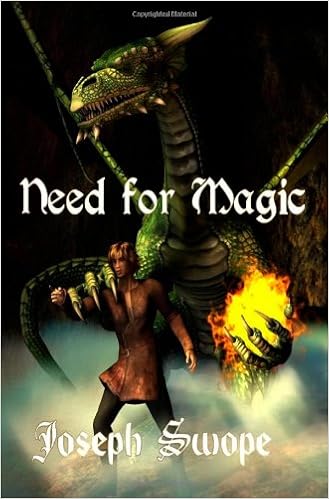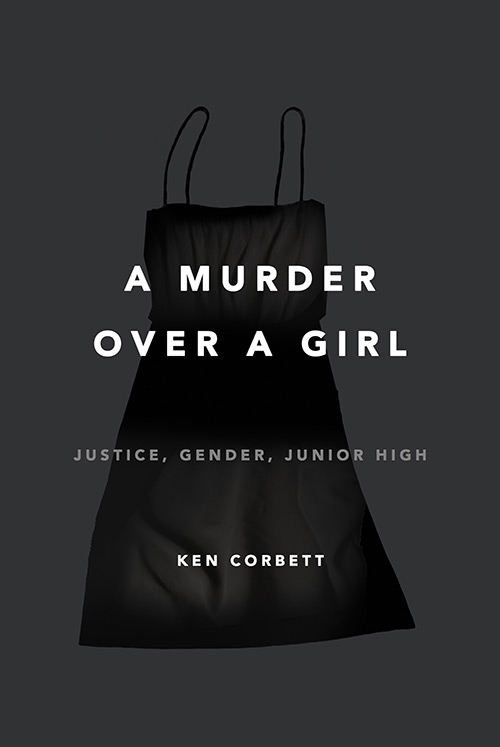 Dr. Joseph Swope (Joe) is a high school psychology and AP Psychology teacher from the East Coast (Maryland). He's also worked at the Springfield Power Plant and Xavier's School for Gifted Youngsters (if his Facebook profile is to be believed). In any case, Joe is prolific in his giving back to the psychology community. Check out his bio to the right.
Dr. Joseph Swope (Joe) is a high school psychology and AP Psychology teacher from the East Coast (Maryland). He's also worked at the Springfield Power Plant and Xavier's School for Gifted Youngsters (if his Facebook profile is to be believed). In any case, Joe is prolific in his giving back to the psychology community. Check out his bio to the right.In short, if you teach psychology, go to his site, swopepsych and sign up for an account--it's free and the resources are so amazing!
Here are a few of the items that he has shared.
Joe has put his video lectures/textbook online. Great resources for students and teachers.
His expansive list of resources can be found here.
He is also an author of a book called Need for Magic that incorporates social psychology concepts throughout.
So what does Dr. Swope's site have to offer teachers?
- hundreds of video clips from movies and television shows
- lots of activities and worksheets for various classwork and homework use
- Video textbook has 93 thirty minute videos--each was shot with two 1080i (that is hi-def) cameras with microphones around the room to pick up on the class dynamics
- Sooooo many resources
- A log-in system for teachers and students
- Coming soon: a system where the teacher can assign a particular video, have the student watch it and take a quiz with a resulting email to the teacher with quiz results. Joe is also working on randomizing the quizzes to reduce cheating.
- A site that offers what teachers and students can actually use--Joe is a high school classroom teacher--he knows what we need and what we don't
posted by Chuck Schallhorn


















